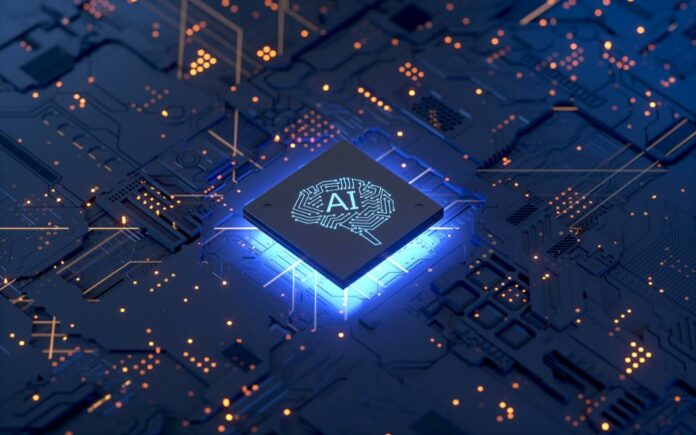Disruptive technologies like Artificial Intelligence are enabling organizations to unlock productivity engagement with Intelligent automation, RPA, Machine learning, etc. Artificial Intelligence is also expediting Industry 4.0 i.e. the Fourth Industrial Revolution through:
- AI-collaborative robots: AI-driven robots are capable of performing rule-based tasks, detecting and avoiding obstacles, and can work along with humans. Collaborative robots or cobots function as added support to manufacturers in assembly lines and tasks which require heavy lifting. These robots are also used in automotive factories to lift and hold heavy parts and retrieve materials from large warehouses.
- Error detection capabilities: AI-powered visual inspection tools help to predict errors before they occur and enable a more seamless and easier replacement of damaged components in the equipment preventing delays in the manufacturing process.
- Handling repetitive tasks: Robotic Process Automation(RPA), an AI-driven technology performs rule-based, voluminous, and repetitive tasks and automates functions like sales order execution, processing of invoices critical to manufacturing process thus enabling organizations to save time and resources by eliminating nonvalue added activities.
- Demand prediction: Machine learning algorithms help businesses to predict customer buying behavior by analyzing their purchase and search histories and providing insights to manufacturers for demand planning and capacity augmentation if necessary. PCA, Principal Component Analysis an unsupervised machine learning algorithm identifies behavioral trends to make decisions with minimal or less human interventions help manufacturers to ensure that they produce an adequate amount of goods anticipating the demand.
- Quality checks: Machine vision technology is used to monitor defects in the process and is reported immediately and necessary measures are taken through a cloud-based information processing system.
- Inventory management: Manufacturers rely upon AI to manage their inventory requirements. Machine learning and predictive algorithms track inventories and send alerts if they reach a minimum level.AI models predict the inventory levels, the time is taken for procuring the material, and how the delay in availability affects production.
To leverage the benefit of AI, industries and manufacturers need to partner with experts who can understand their goals and create a well-defined roadmap with an agile development process that links AI with their relevant KPIs.

